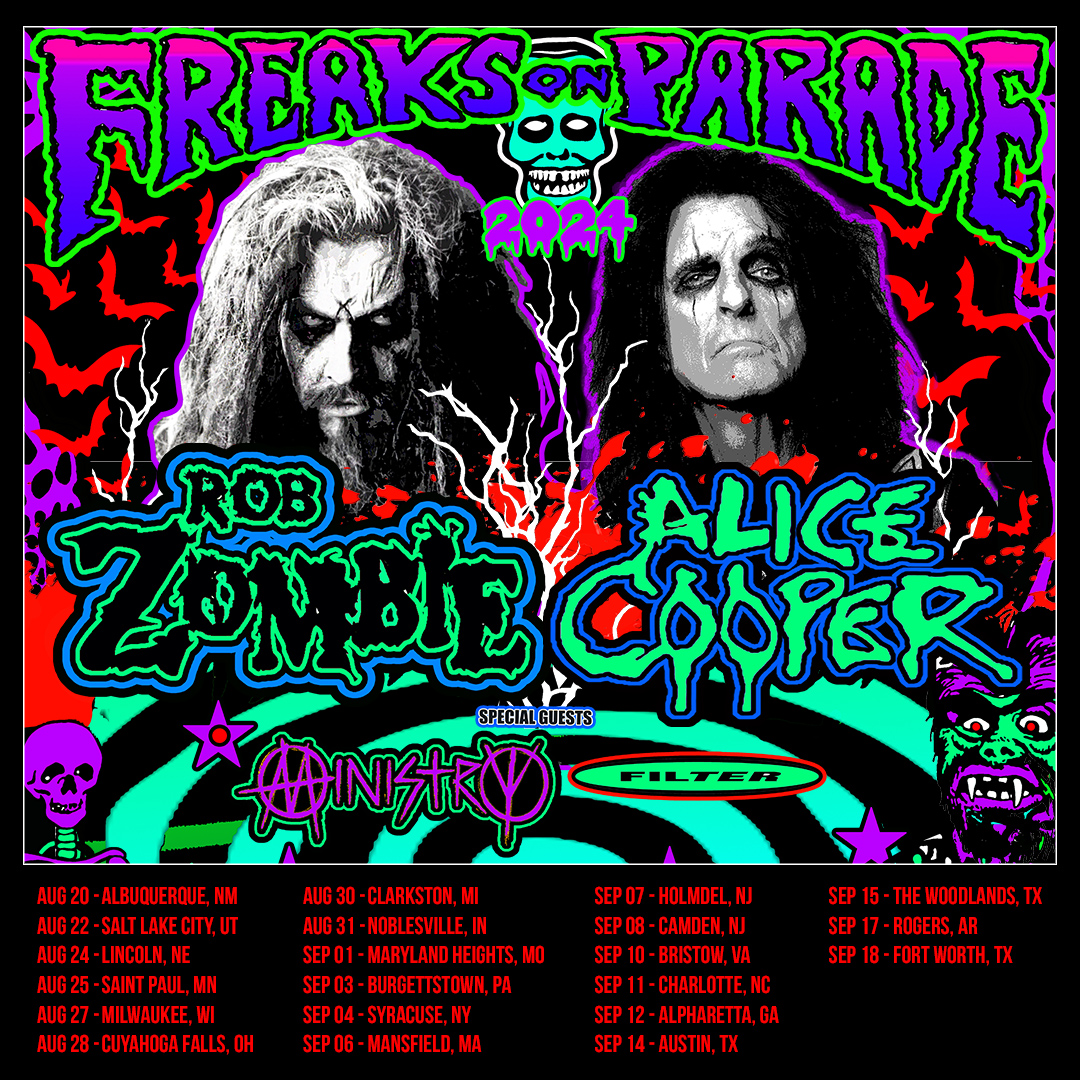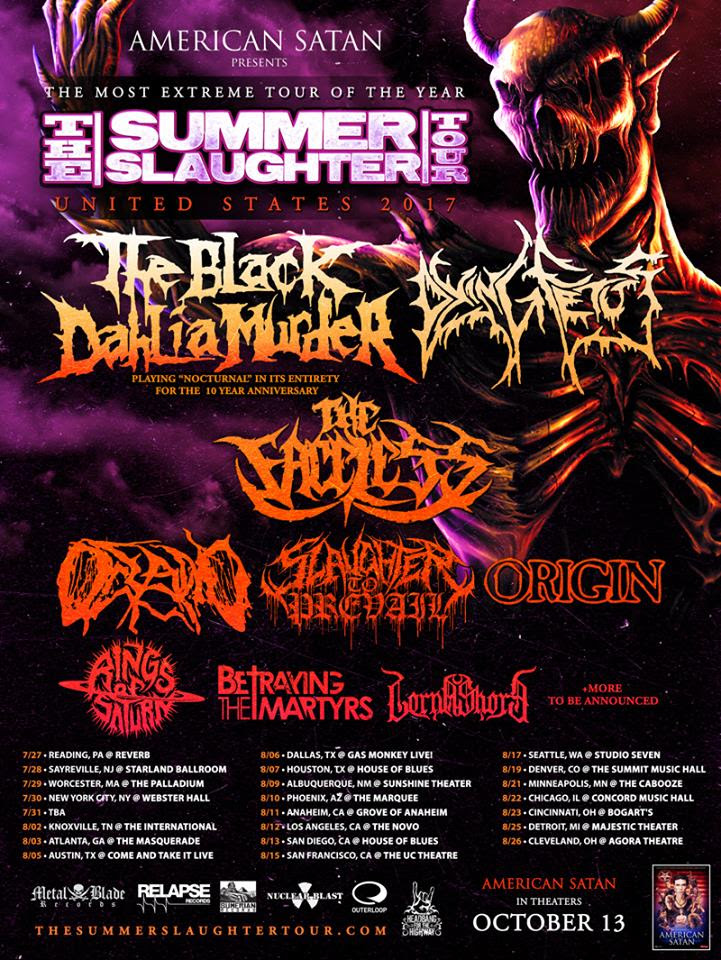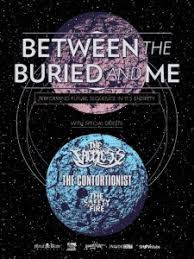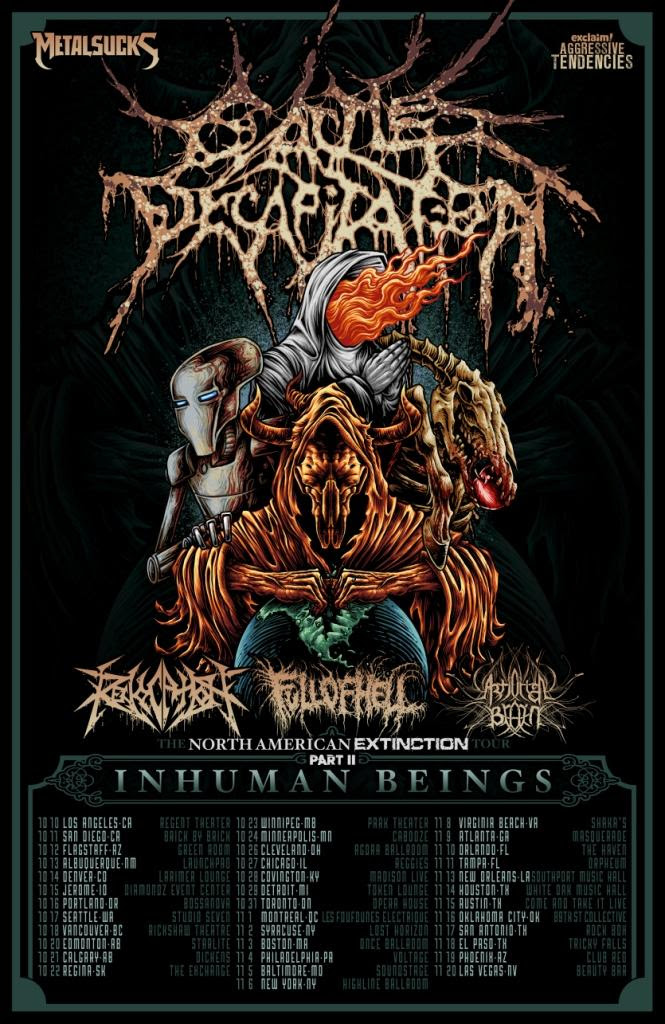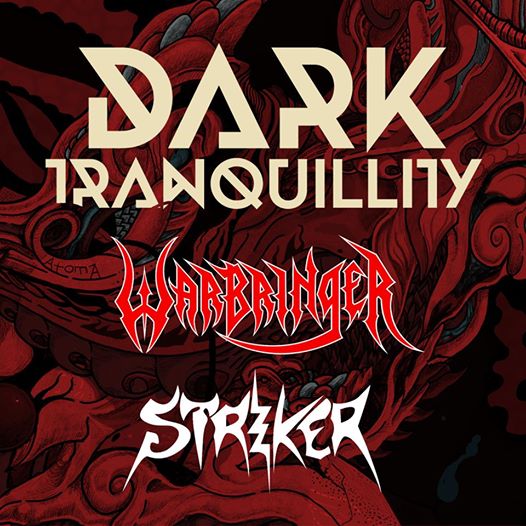Astral Bazaar’s Sudden Realization: A Chat With TheGauntlet
 Finland’s very own Astral Bazaar is currently one of the hottest on-the-rise underground psychedelic rock acts consisted of members, Ville Manninen, Lauri Loikkanen, Pekka Lehtelä, Mikael Laaksonen, Jukka Sainio, and Eetu Peltoluhta. Their newest album titled 'A Sudden Realization' released in March of this year serves as the sophomore follow-up to their debut record 'Pictures Unrelated.' A Sudden Realization features singles such as “Embrace the Reverb," “The Girl with the Purple Hair,” and "The Y10K Problem"
Finland’s very own Astral Bazaar is currently one of the hottest on-the-rise underground psychedelic rock acts consisted of members, Ville Manninen, Lauri Loikkanen, Pekka Lehtelä, Mikael Laaksonen, Jukka Sainio, and Eetu Peltoluhta. Their newest album titled 'A Sudden Realization' released in March of this year serves as the sophomore follow-up to their debut record 'Pictures Unrelated.' A Sudden Realization features singles such as “Embrace the Reverb," “The Girl with the Purple Hair,” and "The Y10K Problem"Recently, the band sat down with TheGauntlet and discussed the album's narrative, and explained all of the who’s, what’s, and why’s of their record, and shared some of their thoughts and ideas they had while recording the album. If you’re a fan of concept albums, groovy basslines, or anything unconventional and honest, you’re sure to enjoy reading their interview with us and listening to them below!
Answers by:
Mikael Laaksonen (guitar, saxophone, backing vocals)
Pekka Lehtelä (guitar)
TG: How did the band come up with the title, A Sudden Realization?
Mikael: Coming up with a good title was pretty hard for us actually. We had a working title for the album but had to go through quite a lot of suggestions before picking the real one. Personally, I like A Sudden Realization because it describes how our protagonist, at the end of his quest for the truth, has a sort of epiphany about his being, but at the same time, it leaves room for interpretation regarding what the outcome of his thinking actually is.
Pekka: The title draws its inspiration from Bardo Thodol, the Tibetan Book of the Dead, but as in Vincent’s case the liberation is reached rather abruptly via an intensive trip through different realities, existing in the imagination of the imaginer, instead of a long contemplation, we figured “A Sudden Realization” would be quite a fitting title. Starting off as an early working title for the final track, which describes the journey through the different realities, it gradually worked its way up to being the title for the full album.
TG: A Sudden Realization follows a character, presumably named Vincent, through his journey for answers to his being — who is Vincent, and what are these answers he’s in search of?
Mikael: Vincent is a purely fictional fellow, except for the parts where he bears resemblance to our former bandmate and good friend by the same name. I think there’s plenty of questions he’d like to be answered, but in the end, it all comes down to whether the world around him is broken or just his own mind. Perhaps he’s living in a big simulation that crashes? Or lying on a hospital bed dreaming while getting some heavy treatment for his brain? Basically, he’s got his own Truman Show type of situation going on.
TG: Where did the name Vincent arise from? Were there other potential names for ASR’s main protagonist?
Mikael: No, not really. I mean, the character’s full name is Vincent Da’Hoegh, but we decided to do him a favour by keeping that to ourselves.
Pekka: The name pays a tribute to Astral Bazaar’s first singer and a dear friend of ours. Vincent was just always there, so we didn’t really consider other options or whether the protagonist should have a name at all.
TG: With the record being a concept album, did the band ever feel musically or lyrically limited to write songs that fit the album’s narrative?
Mikael: We did spend a lot of time (too much even, you could say) putting together the story and tuning the details of the lyrics and the music. But for the most part, I’d say that having this kind of a narrative for the album was a source of inspiration rather than a burden or a limiting factor. At least for me personally it was nice to write an actual concept album since on our previous release the songs’ themes were only loosely tied together.
Pekka: As we were working on the storyline, lyrics, and music in parallel, we always had the possibility to choose which element adapts to the others, which acted as a source of inspiration and allowed us to consider the composing and writing process from different perspectives, adding more depth to the narrative. All in all, it was very interesting to sometimes think about what kind of a story does fit to a particular piece, whereas other times the question was how to depict the protagonist’s journey through different realities via a guitar solo.
TG: Why did you guys decide to make ASR a concept album rather than making the record just a collection of songs with individual stories?
Mikael: Well, basically we just discussed this together and thought that it might be cool and that it might be easier to write lyrics that fit a certain story rather than makeup something different to say for each individual song. I guess we enjoy writing songs about bigger and more abstract themes and making the musical arrangements reflect those themes also. That might be hard to achieve for each individual song separately.
Pekka: After our first album, Pictures Unrelated, where the pieces were just loosely tied together, we started thinking whether we should make a concept album for real this time. After a bit of brainstorming, we started coming up with some ideas we wanted to talk about, so we decided to go for it.
TG: The album’s sound is a blend of acid rock with middle-eastern influences and nods to psychedelic legends such as Pink Floyd and King Crimson. Where do you guys feel are standout moments in ASR where listeners can best hear the influences of these artists in the album?
Mikael: Personally I feel that the songs released as singles such as Embrace the Reverb and The Girl with the Purple Hair owe a lot to the classic 60’s and 70’s psychedelic and progressive rock bands. But then again, I’d like to think that we’ve managed to bring something new and original to that scene also. For instance, we are all very pleased with how the closing track Behind the Narrow Door turned out, even though that one might not necessarily fit into any traditional-prog-rock box.
TG: Are you guys satisfied with the reactions you’ve received over the album so far?
Mikael: The reactions we’ve had so far have been almost exclusively positive, so of course we’re happy about those. But it never hurts to hear more opinions. Especially detailed reviews are always welcome.
Pekka: Overall we’ve received very positive feedback on it. In particular, we appreciate the reviews where the album and its storyline has been considered as a whole - after all, we’ve spent quite some time (longer than we’re proud of) on iterating the story, so it’s nice to see that some people are actually thinking about it.
TG: ASR features your single, The Girl with the Purple Hair — currently the band’s only song to have an accompanying music video. The video features several different visual effects and heavy usage of psychedelic imagery; will this video style be a template for your guys' future music videos?
Mikael: Well, I guess you could say that psychedelic is our style. But we actually have another video already lined up that might be less focused on the visual effects and more on the story. Same, but different.
TG: How does ASR differ from your debut release, Pictures Unrelated?
Mikael: We had a very different way of making the album. We tried to make the lyrics and the music work together in building the story. In particular, we experimented with a whole arsenal of new effects and instrumentation. Percussions and the saxophone have a much bigger role on this album. And the music has evolved to a more psychedelic and experimental direction, I would say.
Pekka: The material for Pictures Unrelated was created over a rather long period of time and hence the album ended up being rather incoherent. After finalizing that, we realized that we actually prefer the live versions over the studio album, especially on the more psychedelic pieces (Ants & Pictures Unrelated) where a lot of jamming is involved, so we wanted to take off from there and aim for capturing the “real Astral Bazaar sound”. Hence, instead of using an external producer, our guitar player Lauri has taken responsibility for the sound engineering and production of the album.
TG: What has the band learned since the release of that record? How have you guys improved and where can we hear that in the new album?
Mikael: I think we’ve really improved in terms of storytelling. Having a continuous story in the lyrics and the music is one of the obvious differences compared to the first album anyway. But I think we’ve also improved in how we’ve managed to capture the Astral Bazaar sound in the studio. I think that this album gives a better impression of how we actually sound live. In particular, there’s a couple of improvised jam sections, which are a key ingredient in our live shows.
TG: Technology being what it is now, do you think Vincent’s dystopian world is near and realistic for us?
Mikael: We may have taken the dystopian theme a little over the top for the sake of fun. If you really take the lyrics literally, then probably we are still rather far from the future described on the album. But I’d say that many of the themes are actually pretty topical.
Pekka: Whereas actual events described are far from being reality, similar experiences can occur even in today’s world. One should consider it as a thought experiment to illustrate how the world being a utopia/dystopia is just a matter of one’s point of view. Does Vincent’s world start to collapse, or is his mind just starting to play tricks on him as the perfect world around him acts as a kind of a sensory deprivation tank giving him no stimulus whatsoever? The technology depicts a source of uncertainty - as a new technology becomes increasingly complex (imagine for instance an AI model), the ability to explain it diminishes, leading to these fundamental questions Vincent is pondering in his own world.
TG: What do you guys hope to achieve with this new album? What “sudden realization” do you hope listeners reach while listening to ASR?
Mikael: I think that we have a somewhat original style musically. It would be nice if the listeners heard something they hadn’t quite heard before and maybe even couldn’t imagine would exist. But in the end, music is all about emotion, so anyone who listens to the album and feels something can be counted as a victory for us.
Read More News
Tags: Interview, Astral Bazaar, New Album, News
Liliana E. Guzmán June 12, 2021


